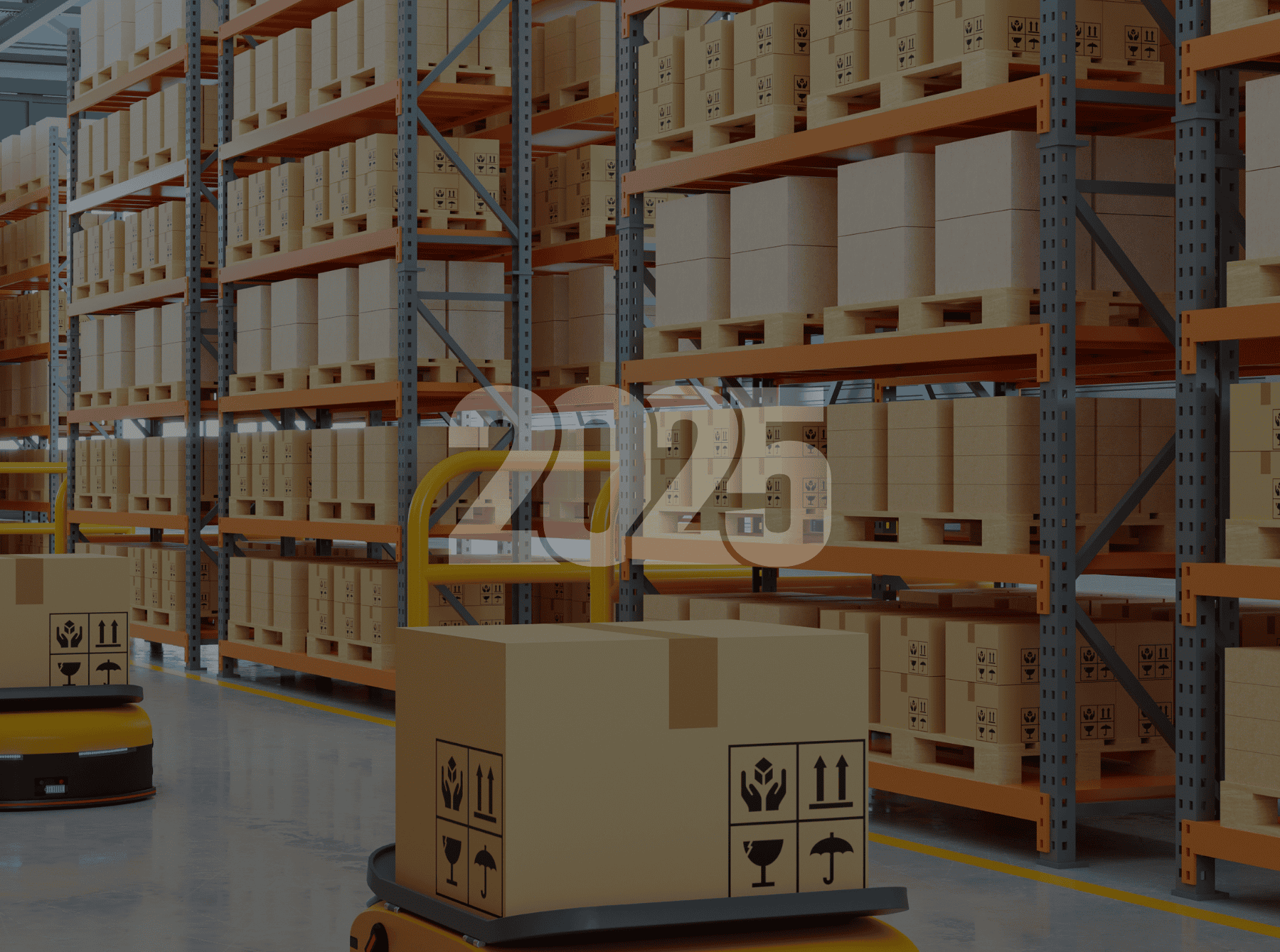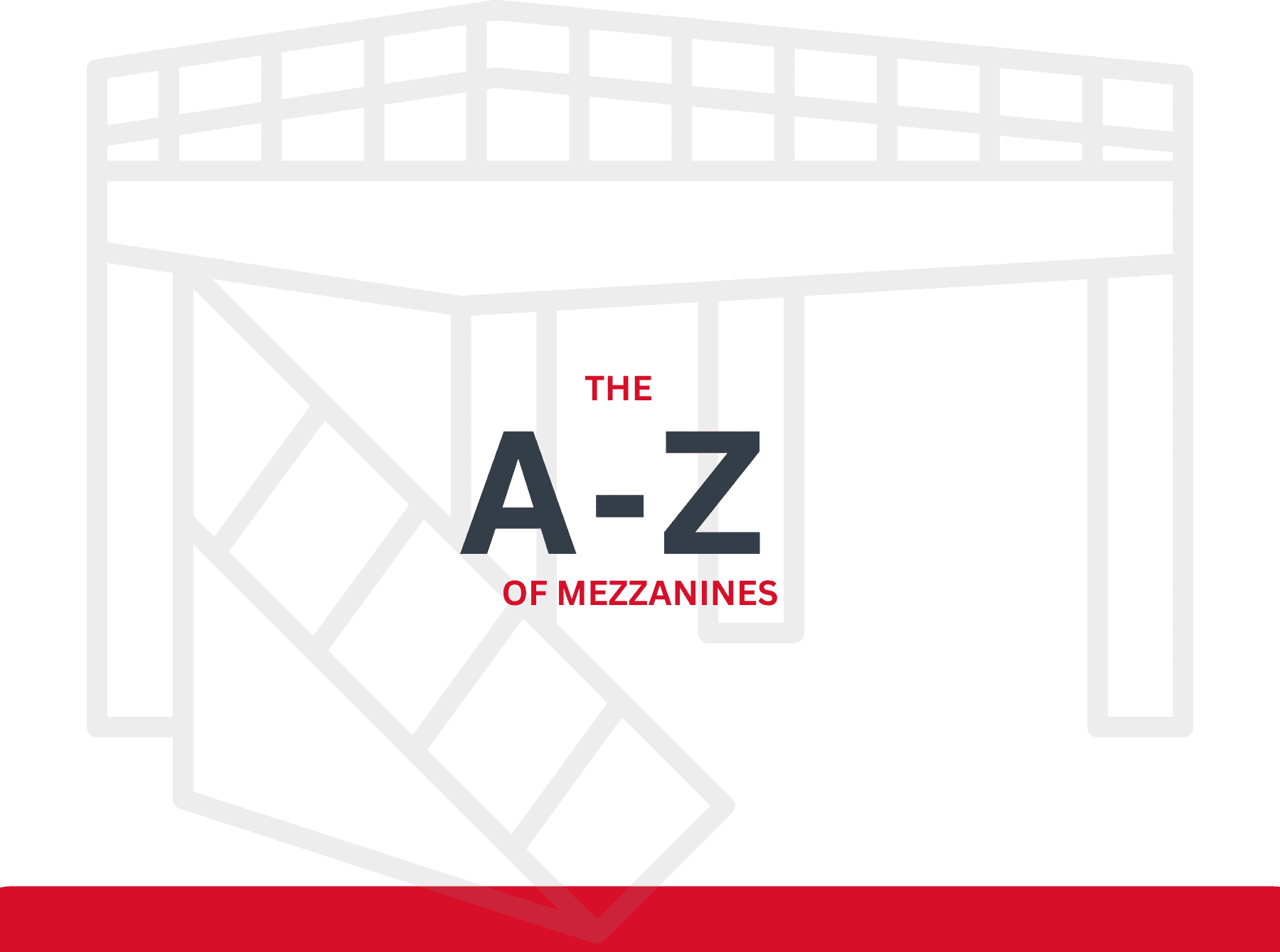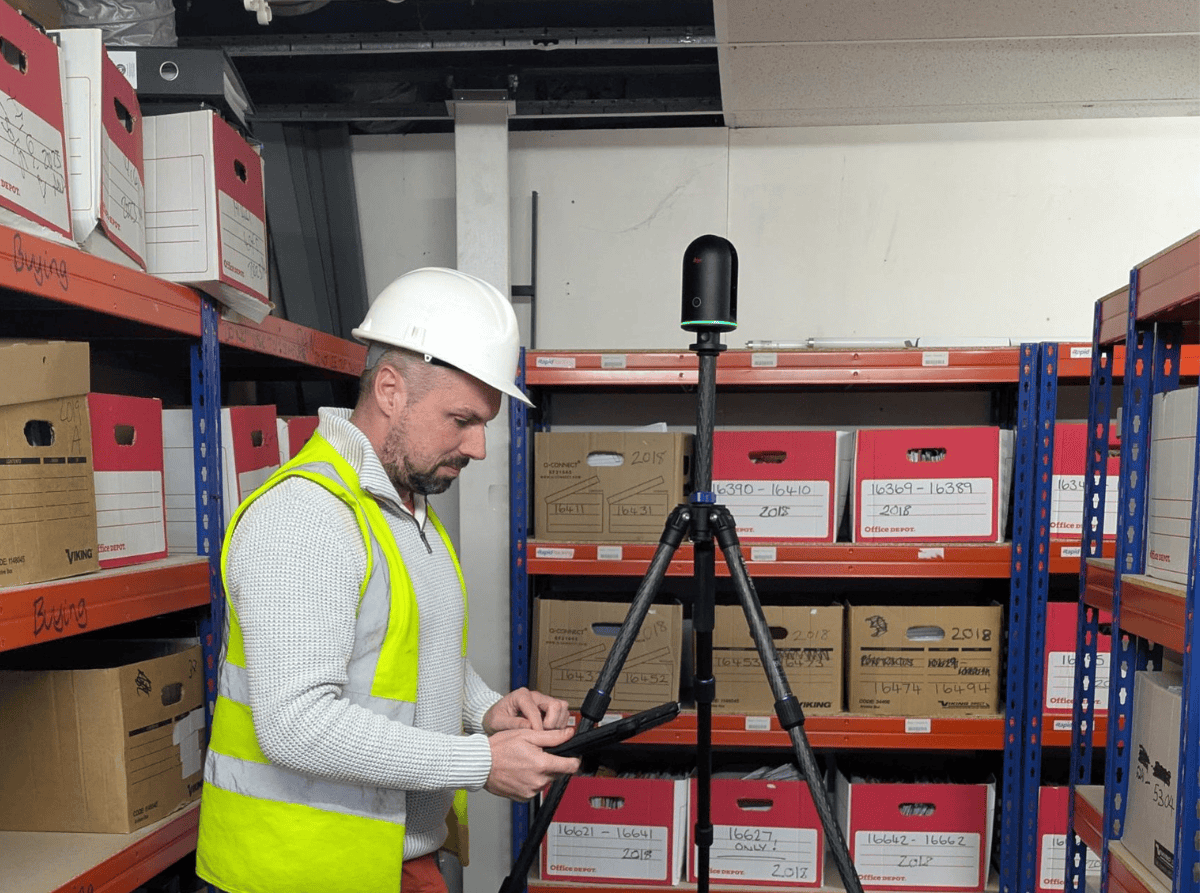Has a robot delivering groceries scuttled down your road? If you’ve not seen one yet, it may not be very long before you do. From Cambridge to Helsinki, trials of last-mile deliveries by robot have been underway.
“Last-mile delivery” describes the journey from when a crate of shopping, a package or a product leaves its last distribution point (the warehouse) until it reaches its place of delivery. It may be carried out by robot, van or electric cargo bike, but this is the most important phase of any delivery from retailer to customer and is fraught with complexities.
Increasing customer demand for delivery options that are convenient and flexible (often resulting in a higher volume of shipments, which can be difficult and costly to manage) requires urban micro-distribution centres located close to city centres.
These are a growing trend, and the logistics industry is grappling with the need to establish urban warehouses in a context where space is at a premium.
Doubling storage capacity
This is where installing a mezzanine can be a game-changer, doubling the storage capacity of a small warehouse in a dense urban environment.
The challenge is that warehouse space in urban areas is hard to find, and when it does exist it is very expensive, according to “hyperlocal” warehouse company Parcelly. Demand for space is driven by customers expecting speedy and reliable deliveries along with an increased number of products available online.
“All this results in a demand cocktail that requires stock to be stored as close to consumers as possible to fulfil the certainty elements that consumers expect, to fulfil the sustainability expectations towards last-mile deliveries and of course to fulfil the expectations towards delivery speed,” Sebastian Steinhauser, founder and CEO of Parcelly told Logistics Manager.
The problem is magnified because city centres are designed for retail and residential use with very little commercial property generally available. Micro hubs therefore have to be established with creative thinking. Options include re-purposed shops, disused car parks and railway arches on brownfield sites, but these can come up against planning obstacles.
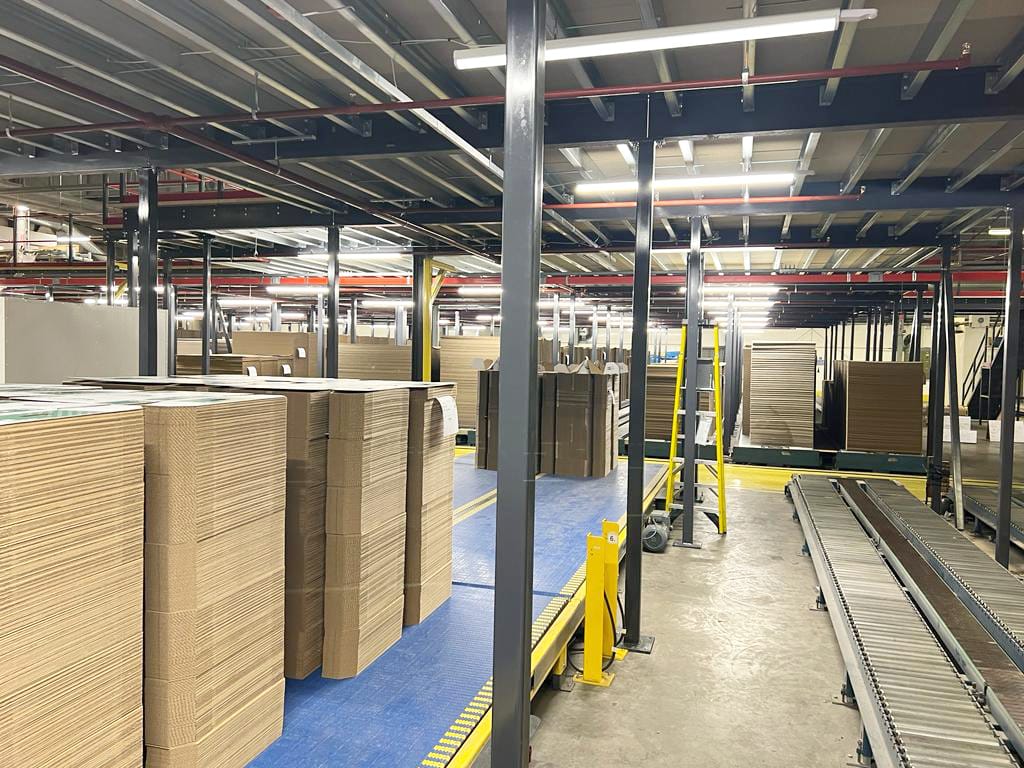
Mezzanines – the creative answer
A more creative answer is to install a mezzanine as a storage solution for last-mile deliveries, transforming the capacity of a smaller space:
- A mezzanine floor maximises use of vertical space and can be engineered to take any load
- It improves productivity at a fraction of the cost of moving to new premises
- Having additional storage space on a mezzanine prevents supply chain disruption
- Hi-Level Mezzanines has pioneered robot-ready flooring systems
- We install and design a range of bespoke mezzanines.
Urban warehouses allow logistics companies to use environmentally friendly delivery vehicles instead of potentially polluting trucks and vans.
Robots and cargo bikes
The city of Helsinki has run a trial with last-mile deliveries by robot. The HeRo robot is an electric talking and autonomously moving delivery robot that operates to a one-hour delivery window for packages. It is part of an EU Horizon-funded project to “test different last-mile solutions in cities in order to reduce congestion and emissions caused by urban logistics distribution.”
In the UK, Starship Technologies has run a pilot scheme in Cambridge and a full rollout in Milton Keynes with food-delivery robots carrying groceries from the Co-Op and Tesco.
Cargo bikes are another alternative to traditional delivery methods, popular because they can go into harder-to-reach areas than larger vehicles, help traffic flow because they are nimbler than trucks, and don’t take up as much kerbside parking space.
Delivery company UPS already operates 30 electric-cycle projects in cities across Europe and has trialled four-wheeled e-bikes in London and Cambridge.
Other logistics operators are using drones as well as artificial intelligence and machine learning to optimise delivery routes and improve efficiency.
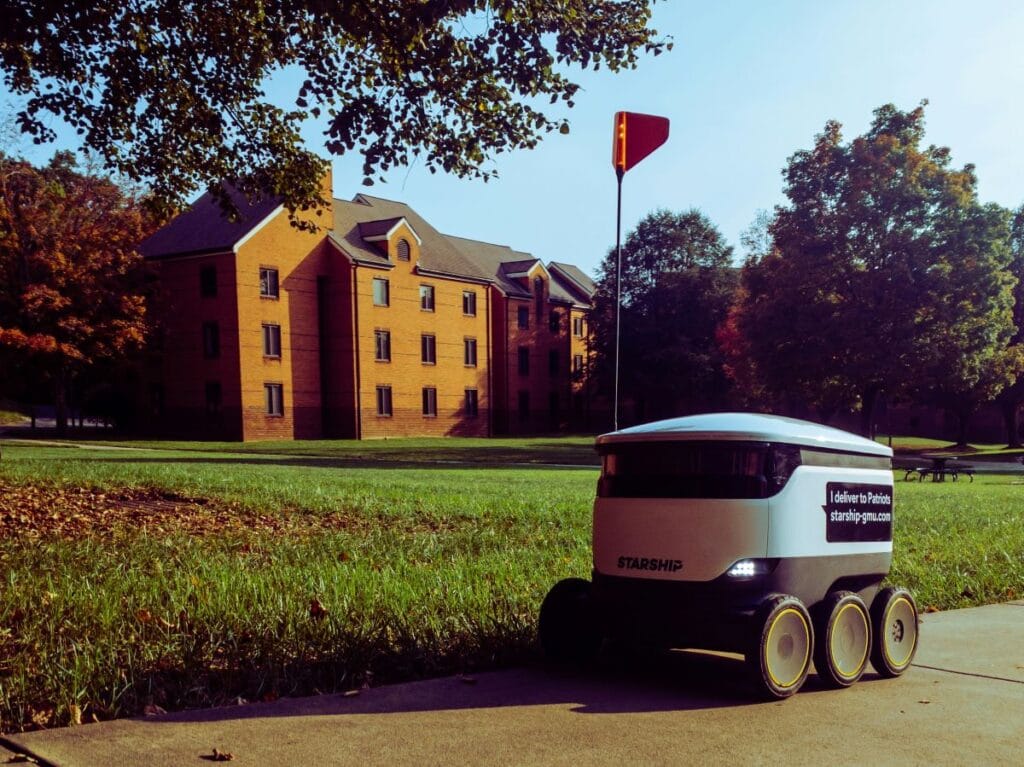
Qualified structural engineers
The technology for last-mile delivery is being put in place, and mezzanines provide the other half of the equation: allowing our clients to make maximum use of tight urban space to create the micro warehouses they need.
At Hi-Level Mezzanines, the expertise of our qualified structural engineers is valued by the biggest operators in the industry, which is why we count logistics giants DSV, DHL and DPD among our clients.
It is also why we are members of the UK Warehouse Association, the voice of the UK logistics industry.
If you are considering installing a mezzanine and would like more information, contact us today at [email protected] or call 01730 237 190 .

